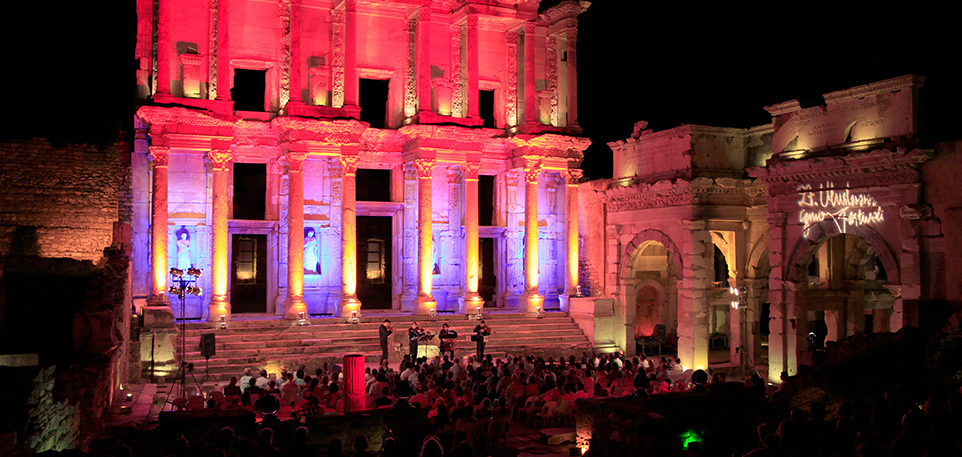
Turkey has many interesting traditions that you should discover. Those Turkish traditions are unique and special and you will not find them anywhere else in the world.
Turkish traditions are one of the most diverse and fascinating civilizations globally, and it is well worth studying. This informative guide is a great place to go if you're interested in learning about various cultures or planning a trip to Turkey.
One of the most popular Turkish traditions is the blue eyes made of glass. You will find the evil Eye in each home in Turkey because Turks believe in envy. Turks believe that this blue eye protects them from envy, and most often we find it hanging on the door. The choice of blue is the result of the Turks' belief that this colour eliminates any negative energy.
Turkish tea is one of the most prominent Turkish customs, served in tulip-shaped glass cups, and is considered part of the Turkish hospitality methods. Whether you are in someone's house, a store, or even a hairdresser, you will be offered tea as part of the welcome.
One of Turkey's customs and traditions is askıda ekmek, meaning suspended bread. The Turks reject the idea of throwing bread, as they hang extra bread outside their homes for the needy to find it, while the remains of the bread are crumbled and given to birds and animals.
The night before the wedding day is significant in Turkish traditions. Each bride wears a red dress, and it is a night dedicated to girls only. The bride's friends sing a folk song called “Yüksek Yüksek Tepeler”. This song talks about the girl's separation from her mother, which makes them cry.
Hand-kissing is a Turkish tradition. The hand-kissing tradition is practised on religious holidays to greet or bid goodbye at special occasions such as marriages, henna nights, or circumcision ceremonies. People who kiss the hand typically take the hand to their foreheads.
In Turkey, hand-kissing is a sign of respect and love. Usually, people kiss the hand of those who are older than them.
One of the western customs in Turkey is throwing water while bidding a fond farewell to loved ones who are setting out on a long journey by a road vehicle. They believe that it brings good luck and makes the travel of people as smooth as water.
Turks leave their shoes at the house entrance or on the stairs and use special slippers inside the house. They also expect their visitors to remove their shoes before entering the house. In this respect, they are very conservative. Turkish people also provide slippers to their visitors. This is why there are so many pairs of slippers in Turkish households.
The Turkish Hammam is another important tradition within the Turkish culture and dates back to the Romans' days, and was slightly modified by the Ottomans. It is performed by women or men once a week, where they stay in a room full of steam with a pool of water.
Breakfast is an essential aspect of the day for Turks, who have a whole community devoted to it. It contains bread, cheese, olives, eggs, tomato and cucumber salad, jelly, sugar, and butter. Bread is perhaps the most critical of all, as Turks still have bread with their meals and hold it in high regard.
When couples propose to each other and wish to marry, there is a tradition in Turkish culture. When a couple discovers that their relationship is serious and plans to marry, their families get involved. On a predetermined night, the soon-to-be groom and his relatives pay a visit to the soon-to-be bride's family's home. When they plan to do the engagement ceremony and reception on the same night, they bring roses, cookies, and cakes and the engagement rings.
The bride-to-be makes Turkish coffee for everyone after both families settle down and get to know each other. When arranged marriages were customary, if a woman did not want to marry a man, she would put salt in his coffee to show that she did not want to marry him. However, in recent years, this custom has shifted, and women have begun to add salt to the men's coffee regardless of the circumstances, just for pleasure.
When everybody is drinking coffee, the man's father or a family elder asks the woman's father or a family elder for permission to marry. If the women's family agrees, they proceed to the wedding ceremony. Any families may also like to have some fun with music during the engagement ceremony.
In the Turkish community, circumcision is an actual ceremony for boys. Circumcision is still practised today based on Islamic practices. It is much better now as physicians perform it in hospitals instead of in the past. Few families recommend that their sons be circumcised between the ages of 5 and 12, while others prefer that it be completed shortly after the baby is born.
In Turkey, circumcision ceremonies are similar to wedding ceremonies. In preparation for the ritual, the boy's crib, where he will relax after circumcision, is adorned with balloons and decorations. Henna is added to his two middle fingers the night before the circumcision ceremony. The next day, the boy is dressed in a special costume and taken on a tour of the area, including the mosques. Following the circumcision, they return to the location of the ceremony.
Greetings can differ depending on gender and how well people know one another. In a formal gathering or when meeting for the first time, men usually shake hands. They shake hands and half-hug each other whether they are close friends or have known each other for a long time. They can also gently touch each other on the back or toss their heads.
When women meet for the first time, they lightly shake hands. They like to hug and kiss each other on the cheek whether they are friends or know each other well.
The way women and men greet each other can differ from person to person. If neither party knows the other, they shake hands lightly. They can touch their cheeks together when offering a handshake or a half hug if they know each other well.
Owing to religious values, some women and men choose not to shake hands. In this situation, it is better to wait for the individual to give you a sign. If they do not extend their hand, simply nod your head and smile as a way of greeting.
Sharing is an essential part of Turkish society. They like giving food or drink to those around them. They still share their meals with their neighbors, and they offer food to the elderly and sick people they meet. Similarly, several restaurants and cafes provide leftover food to stray cats and dogs. Butcher shops are still surrounded by cats and dogs because they share the leftover beef with them.
Turkish coffee is just as essential to Turks as tea. They normally have Turkish coffee in the afternoon. They also serve Turkish coffee and tea to their guests, so you can choose what you want. Turkish coffee is similar to espresso in that it is solid and served in small cups. As a result, if you prefer soft drinks like lattes, Turkish coffee might not be the right option for you.
When you enter any Turkish home, you must find carpets decorating the floor of the house, whether it is made by hand or belongs to one of the commercial brands, so you find many souvenir cases that are considered to be an essential part of the goods, as tourists accept it significantly.
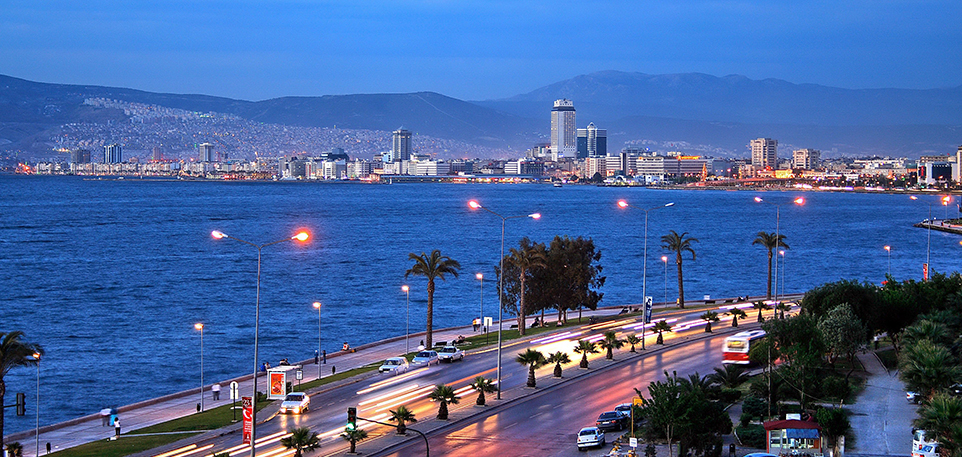 From Italy to Izmir Scopri o riscopri con noi
From Italy to Izmir Scopri o riscopri con noi 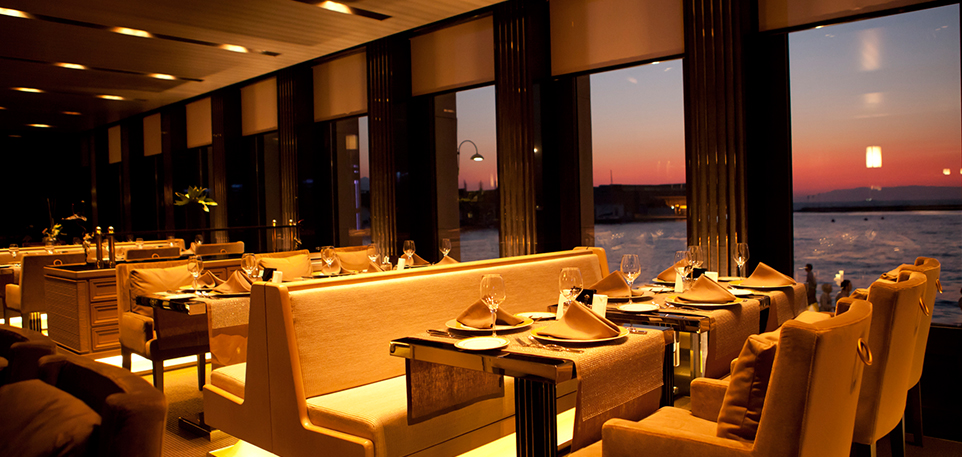 Restaurants Scopri o riscopri con noi
Restaurants Scopri o riscopri con noi 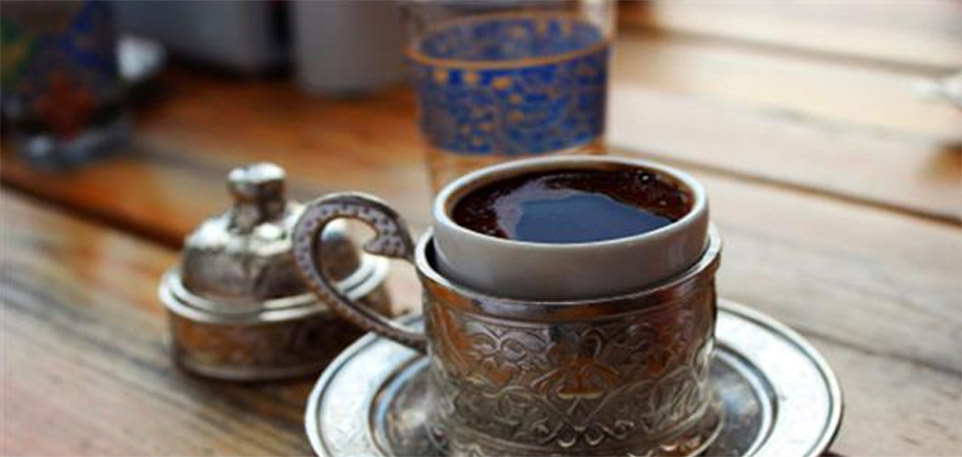 Flat and Suite Scopri o riscopri con noi
Flat and Suite Scopri o riscopri con noi  Traditions and Festivals in Izmir Scopri o riscopri con noi
Traditions and Festivals in Izmir Scopri o riscopri con noi  Surfing in Izmir Scopri o riscopri con noi
Surfing in Izmir Scopri o riscopri con noi 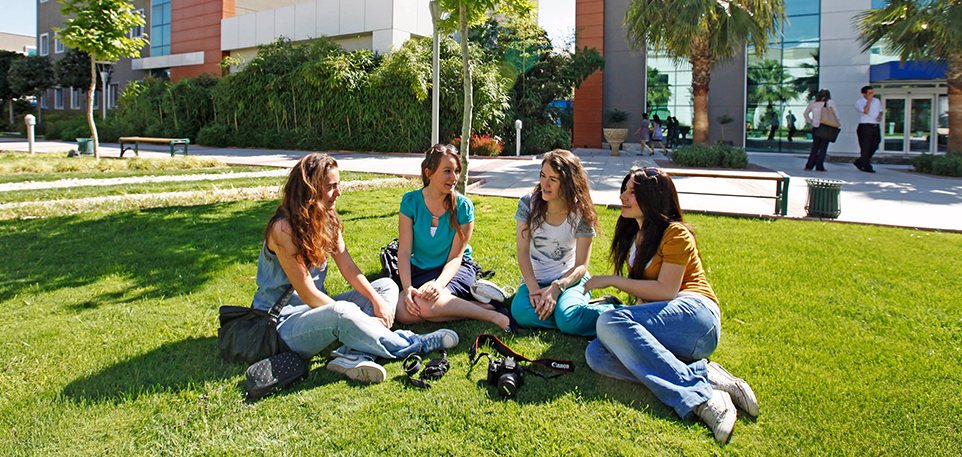 University and Campus Life Scopri o riscopri con noi
University and Campus Life Scopri o riscopri con noi 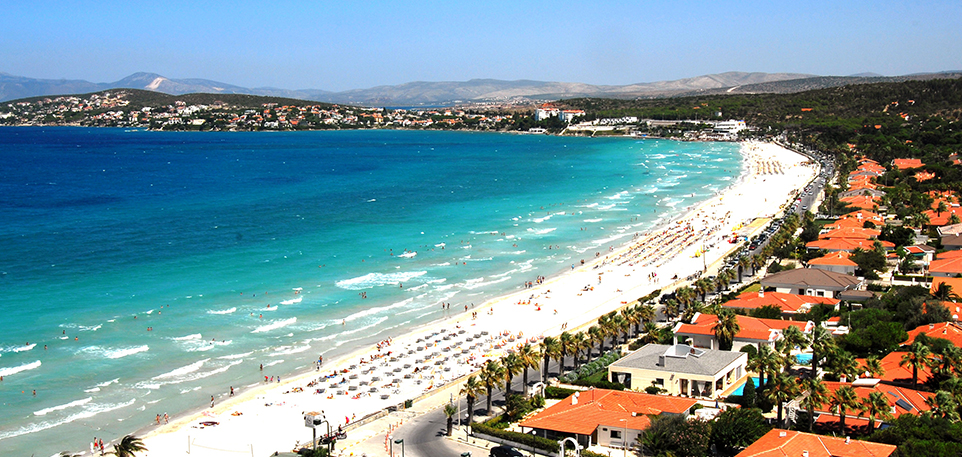 Izmir Weather Scopri o riscopri con noi
Izmir Weather Scopri o riscopri con noi 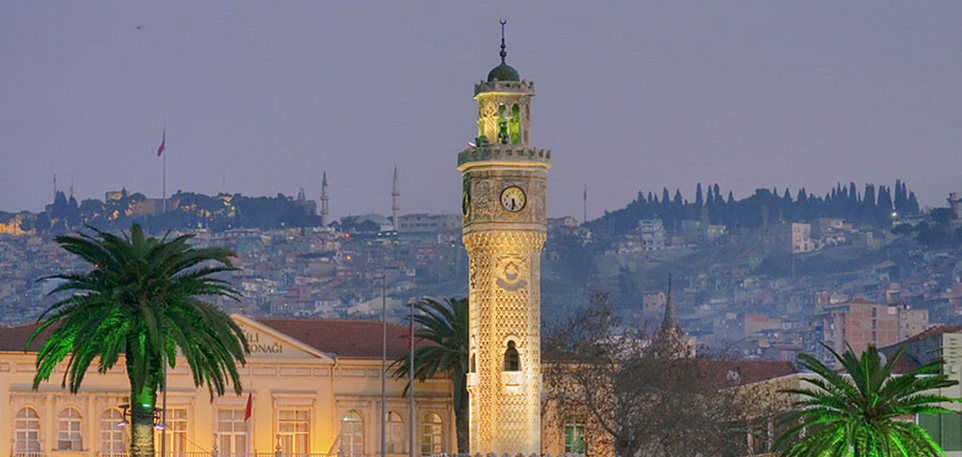 The Areas of Izmir Scopri o riscopri con noi
The Areas of Izmir Scopri o riscopri con noi 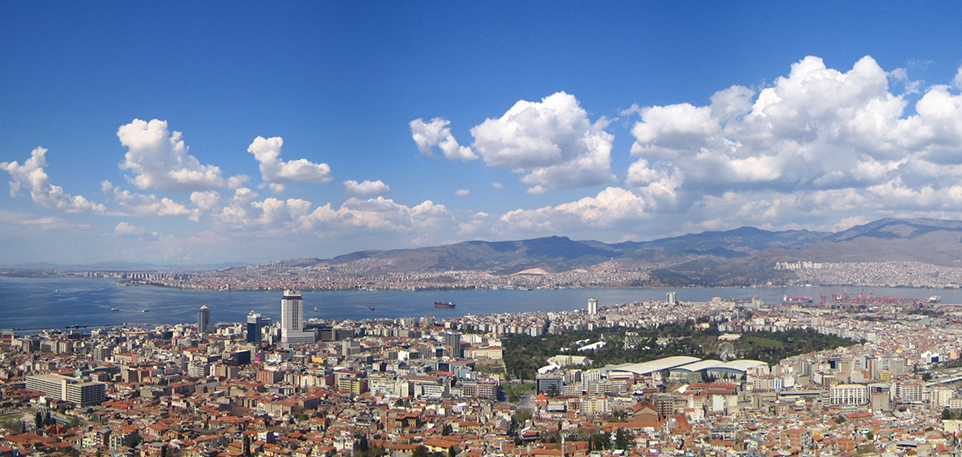 General Information About Izmir Scopri o riscopri con noi
General Information About Izmir Scopri o riscopri con noi  Where to Stay Scopri o riscopri con noi
Where to Stay Scopri o riscopri con noi 